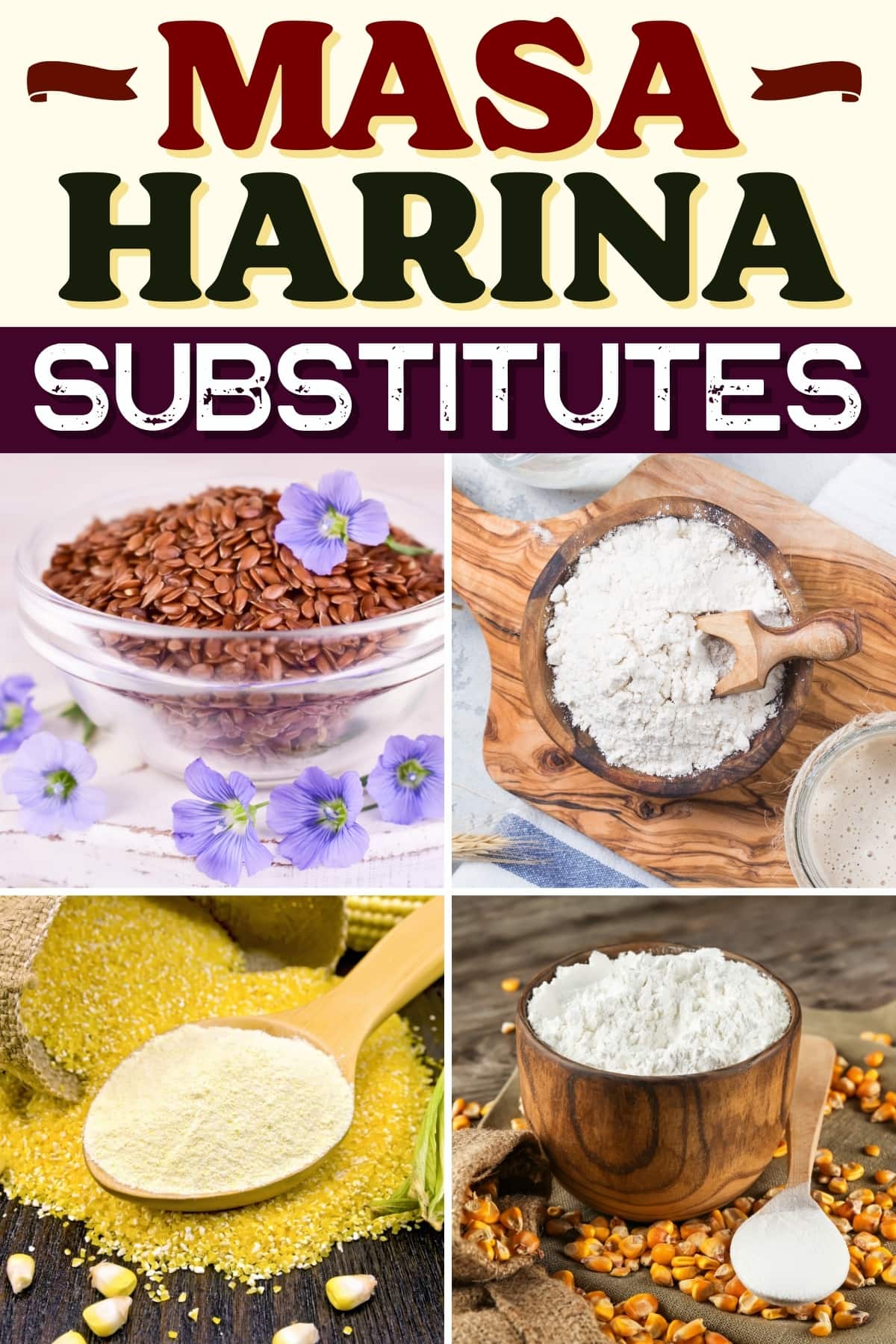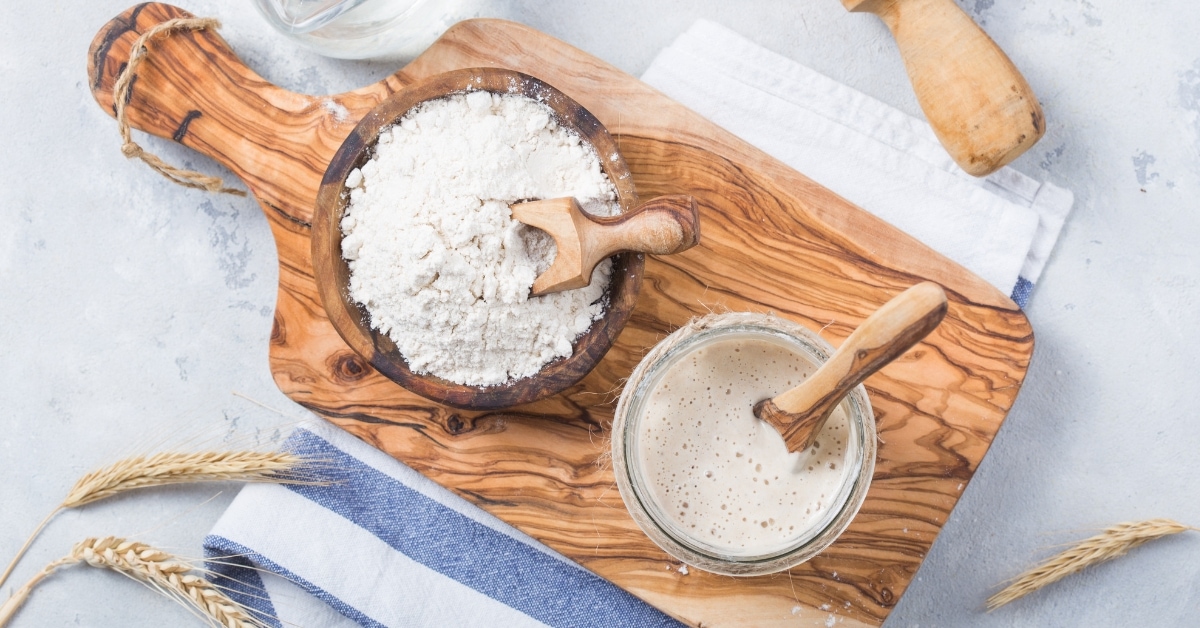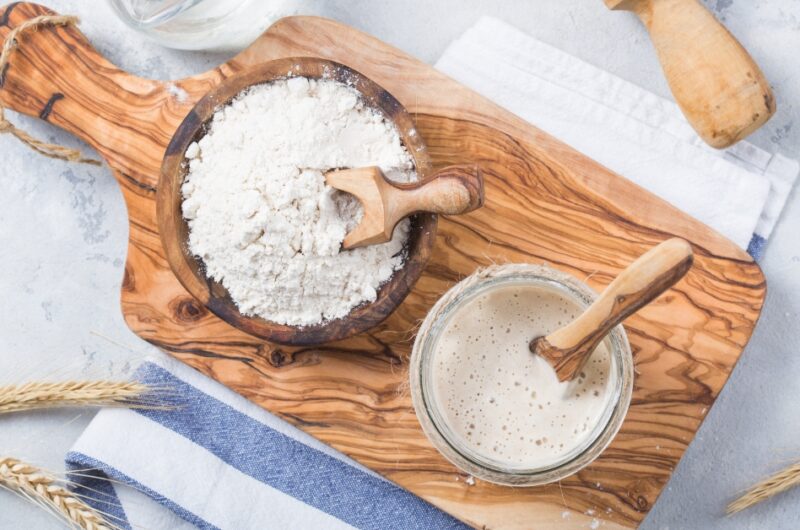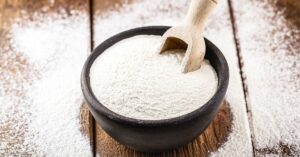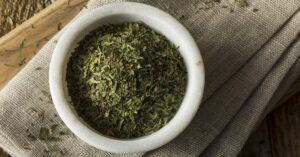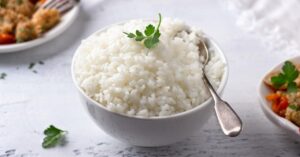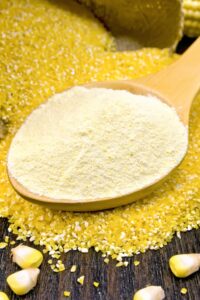Need a good masa harina substitute? This list provides top-notch alternatives!
Masa harina is a fundamental ingredient in traditional Latin dishes like tamales and corn tortillas.
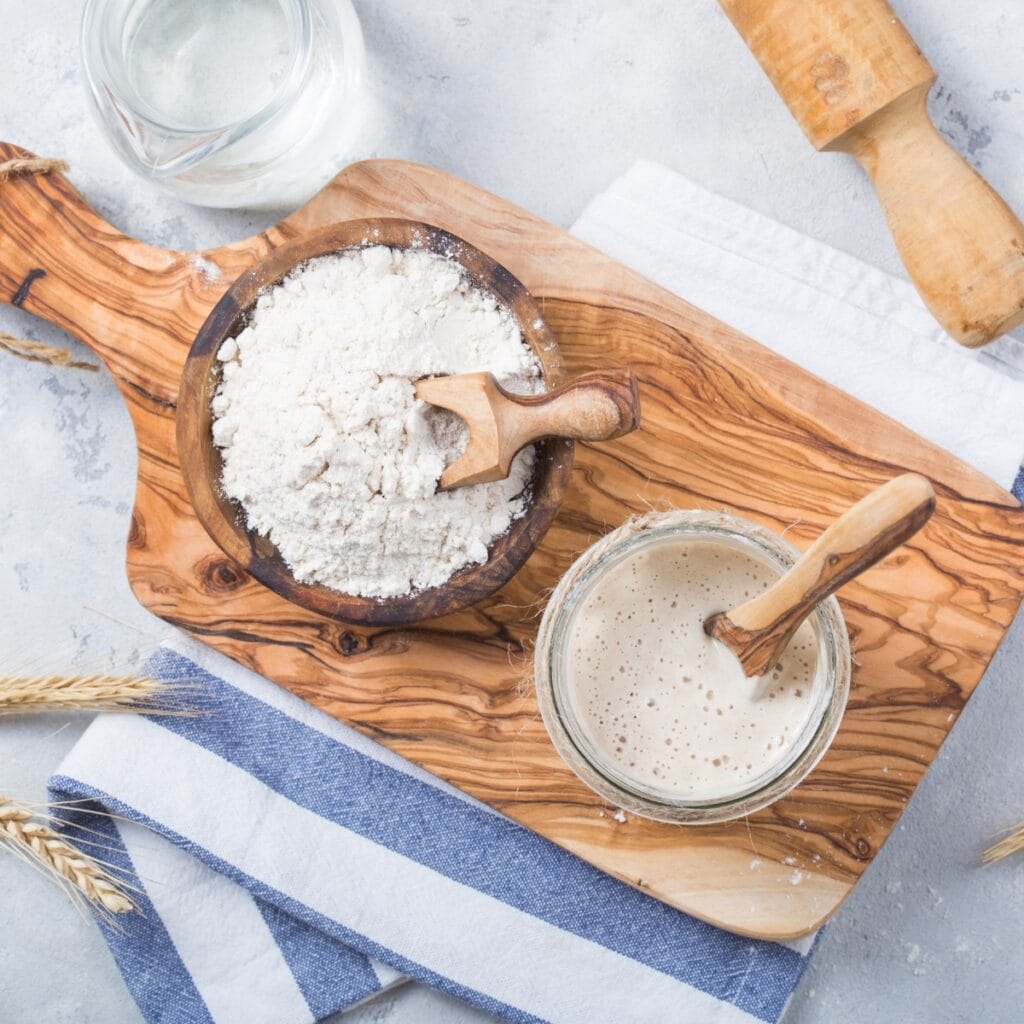
But what if it’s unavailable at your local grocery store? Or maybe you’re already mid-recipe when you realize it’s missing from your pantry?
Don’t fret! Masa harina substitutes, such as hominy, arrowroot powder, and corn grits, can save the day.
With these alternatives, you’ll achieve authentic Mexican flavors, even without masa harina.
What Is Masa Harina?
Masa harina is a finely ground flour made from corn treated with an alkaline solution.
Also known as Mexican flour, it’s a key ingredient in Mexican and Latin American cuisines. The name translates from Spanish to ‘dough flour.’
Masa harina is made from corn treated with limewater through a process called nixtamalization.
This treatment removes the hull, imparts a distinctive sour flavor, and yields a more elastic, easy-to-knead texture.
Once treated, the corn is dried, finely ground, and then packaged as masa harina.
With its nutty and tart flavor, this special flour is the building block for traditional dishes like tamales and tortillas.
Masa harina is distinct from cornmeal and corn flour, which serve different culinary purposes.
Common Uses of Masa Harina
Masa harina is a versatile ingredient commonly used to make dough or as a thickener in various dishes.
Dough
By mixing masa harina with water, you form a dough, which you can then shape into corn tortillas or taco shells.
Dough Balls
Masa harina can be mixed with water and salt to create small dough balls that can be added to soups for extra texture.
Thickener
Masa harina can also serve as a thickening agent in soups and stews. It provides a smoother consistency when added during the final minutes of cooking.
Best Masa Harina Substitutes
Time to explore these handy alternatives!
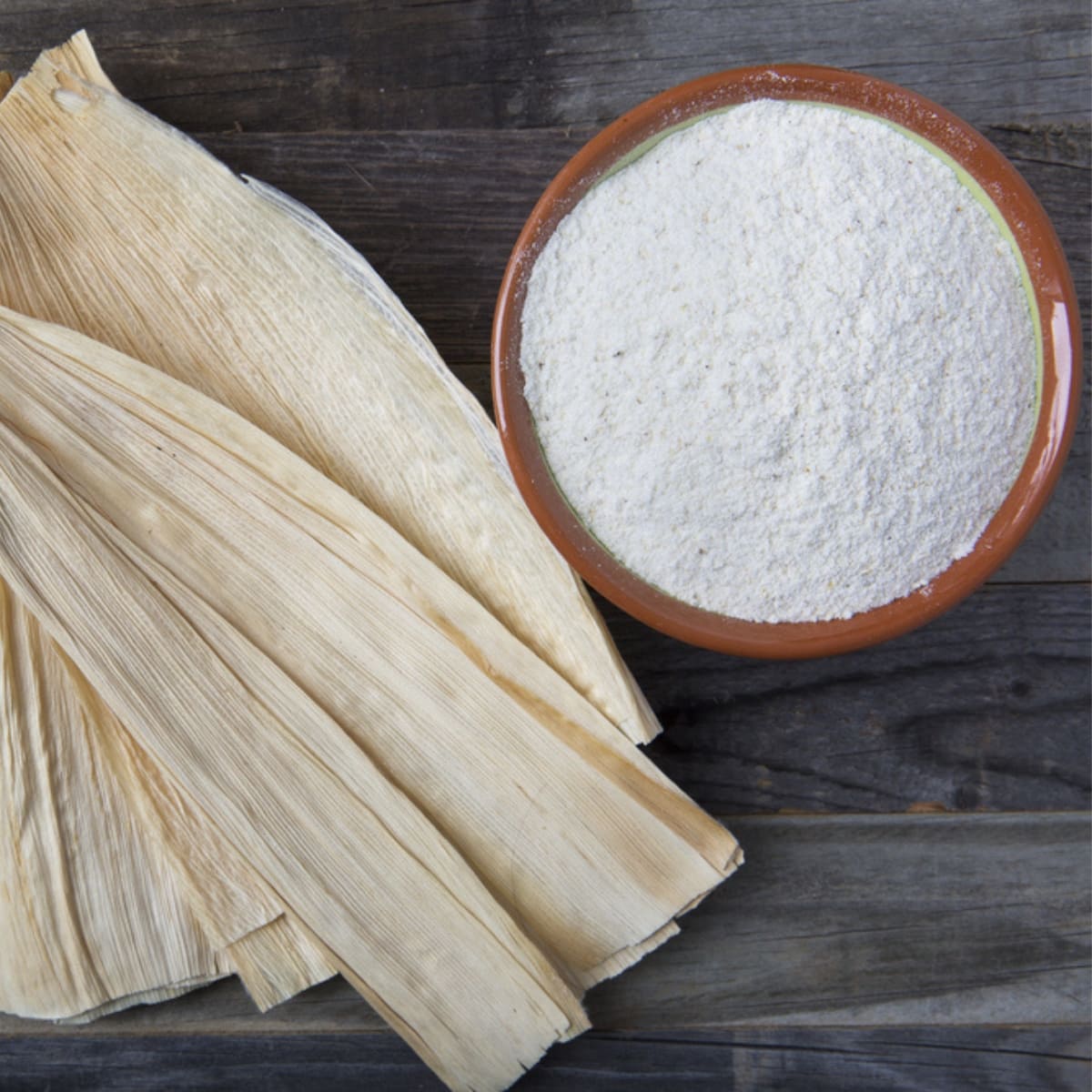
1. Masa Preparada
Made from freshly ground hominy, masa preparada is a ready-made alternative to masa harina.
Translating to “prepared dough” in Spanish, this convenient substitute is already prepped for use. It simplifies recipes by eliminating a few steps.
Skip the whole dough-making process and get right to the fun part. Add your favorite fillings and cook them to perfection. It’s a real time-saver!
Two primary variations exist. The smooth consistency version is ideal for making corn tortillas.
The coarser masa preparada is infused with flavorings and lard, which is tailored for tamales and pupusas.
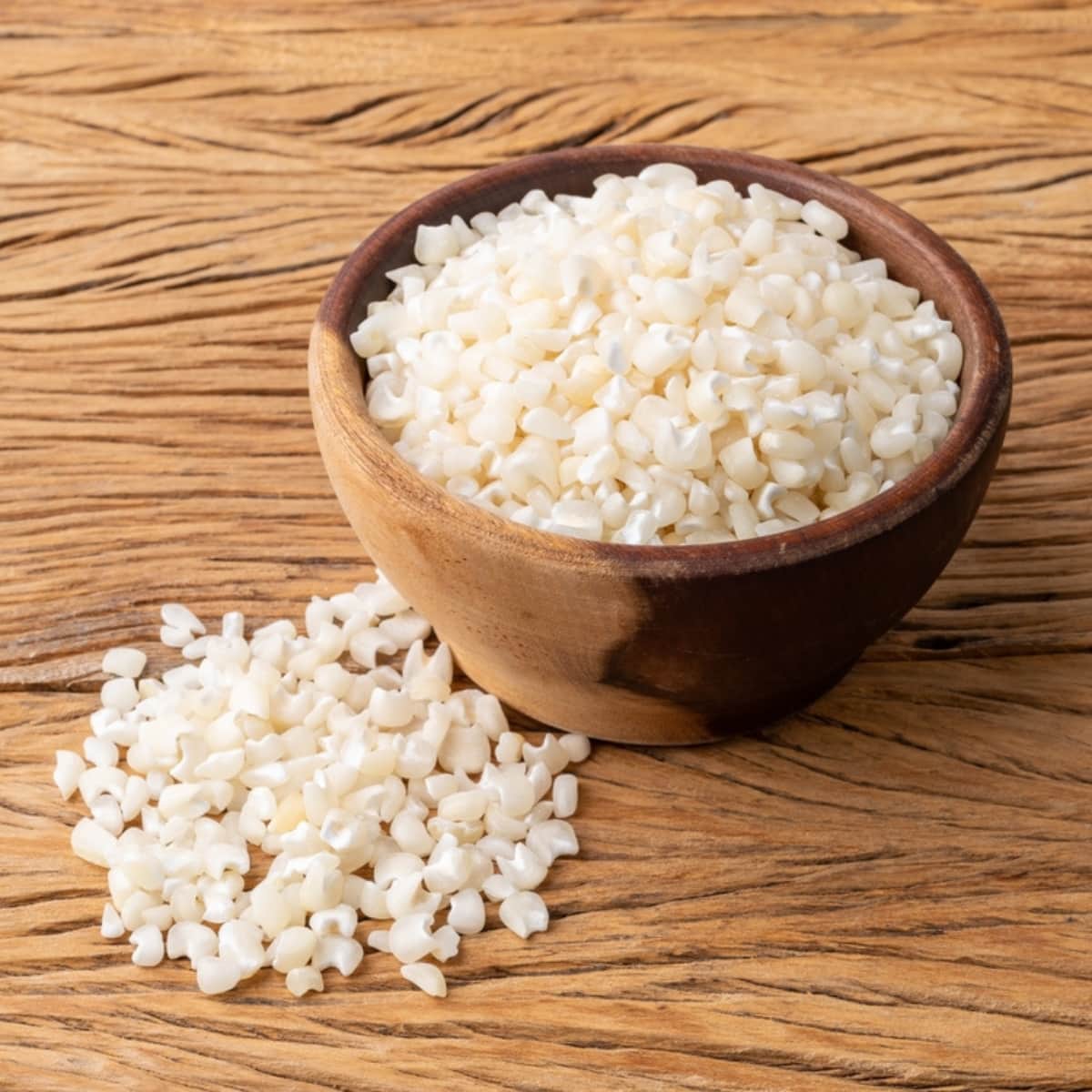
2. Dried Hominy
Dried hominy is essentially masa harina in its pre-ground form.
Originating in Latin American and Southern U.S. cuisine, hominy is hulled corn. Its outer husk is removed through a limewater soak, similar to the process used to make masa harina.
To use dried hominy as a substitute, grind the whole kernels in a food processor until you achieve a fine texture.
Measure the resulting ground hominy using a 1:1 ratio in place of masa harina, and you’re set. It’s a straightforward swap and keeps the authentic corn flavor intact.
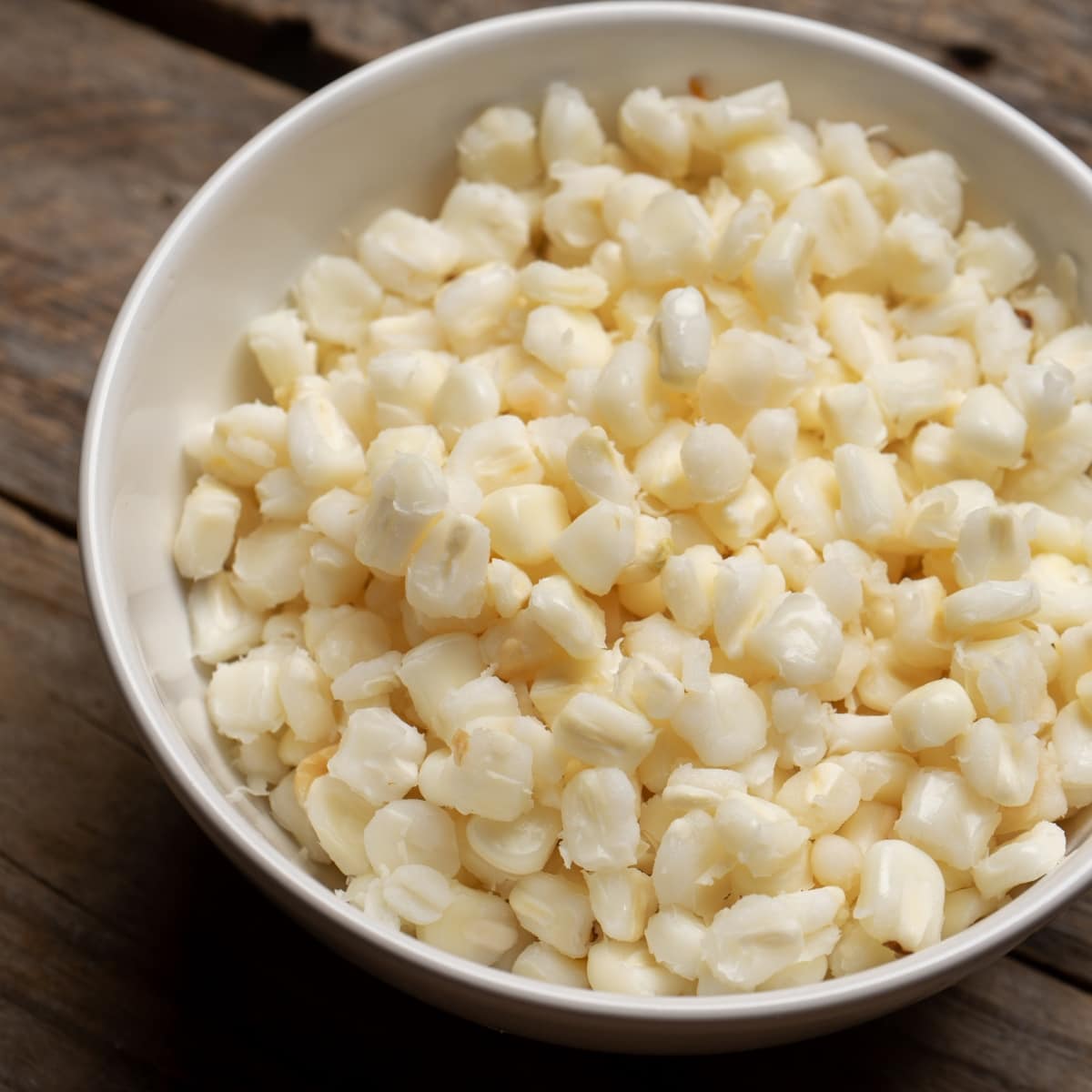
3. Canned Hominy
Canned hominy is preserved in water. Its kernels are like the consistency of canned beans.
As a masa harina substitute, blend canned hominy in a food processor until it reaches a soft, dough-like texture.
This contrasts with the drier texture of ground dried hominy, but it serves equally well as a 1:1 substitute for masa harina.
Tip: when using canned hominy for tamales or tortillas, add less water than your recipe calls for. Adjust as needed to reach the desired consistency.
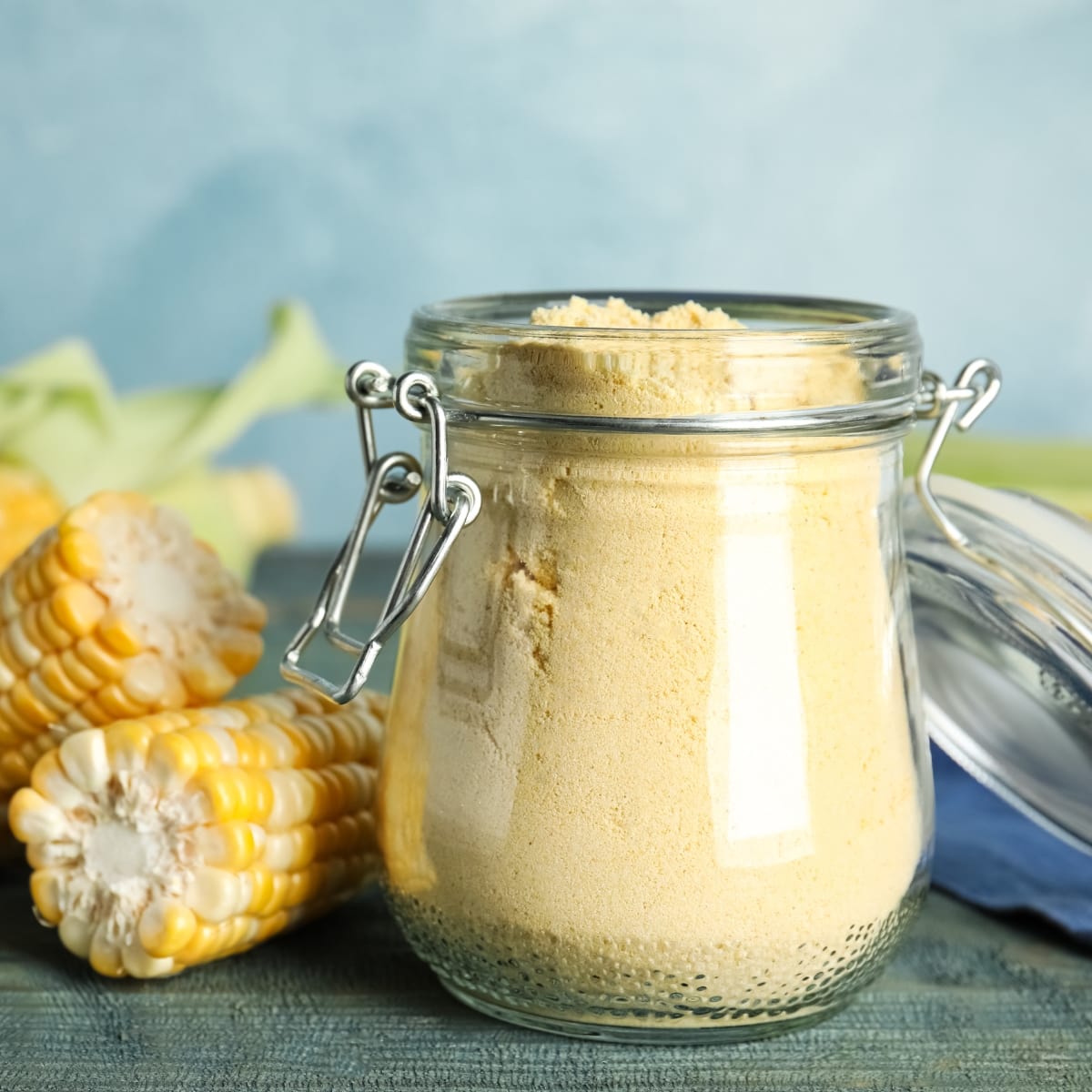
4. Corn Flour
Corn flour is derived from finely ground corn grain.
While both corn flour and masa harina are ground from corn, they’re not interchangeable.
Masa harina has a coarser texture, whereas corn flour has a finer, smoother grind. It also lacks masa harina’s distinctive tart flavor.
However, corn flour serves as an excellent thickening agent. It’s a prime choice for thickening custards, sauces, and stews like chili.
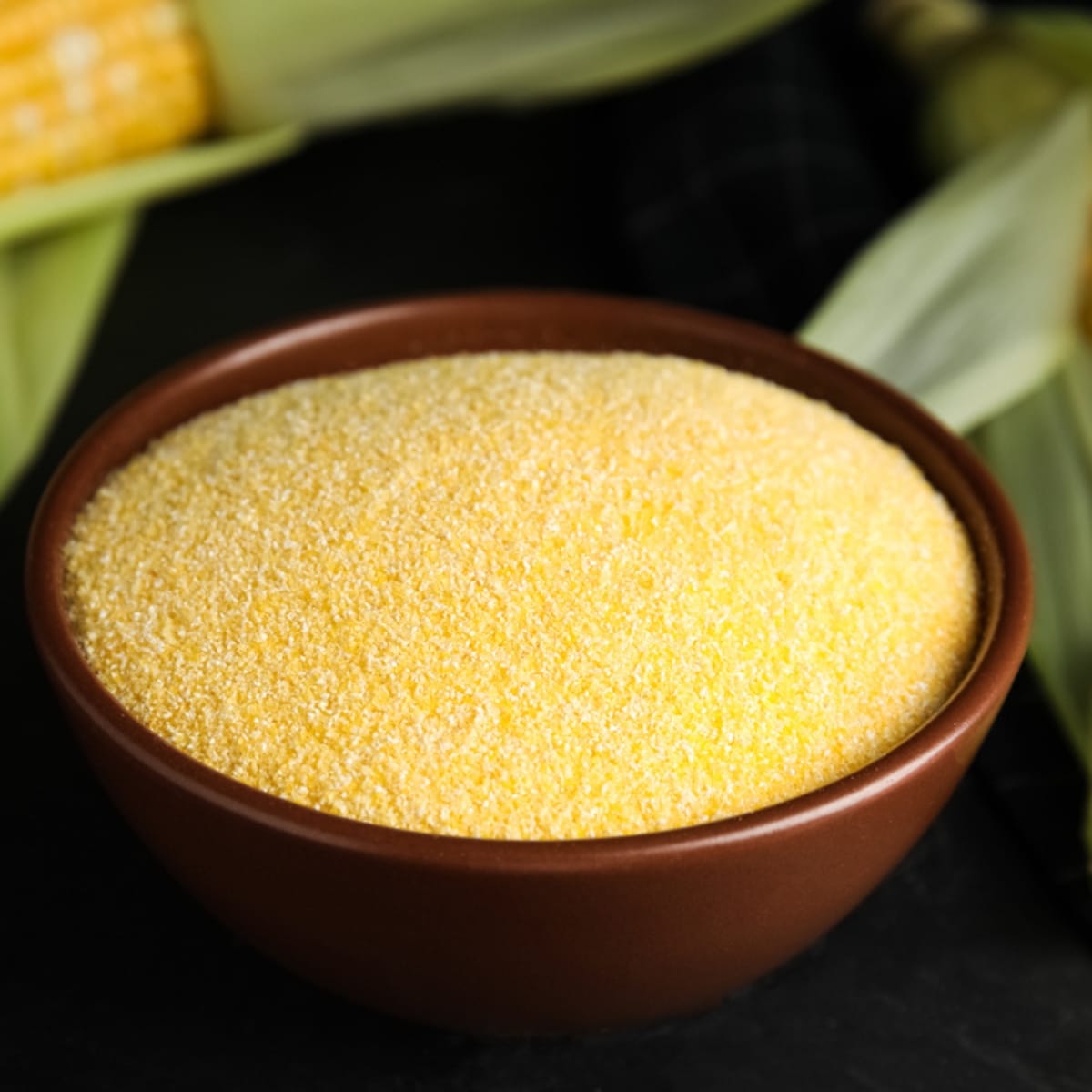
5. Cornmeal
Cornmeal, like masa harina, is derived from milled corn. However, it differs in texture and processing.
Unlike masa harina, cornmeal doesn’t undergo the alkalizing limewater treatment. This means it doesn’t have that unique, tart flavor.
But cornmeal has masa harina’s grainy texture. This makes it a suitable 1:1 substitute in dough-like recipes calling for masa harina.
While cornmeal won’t perfectly mimic the taste, its similar texture makes it a practical alternative.
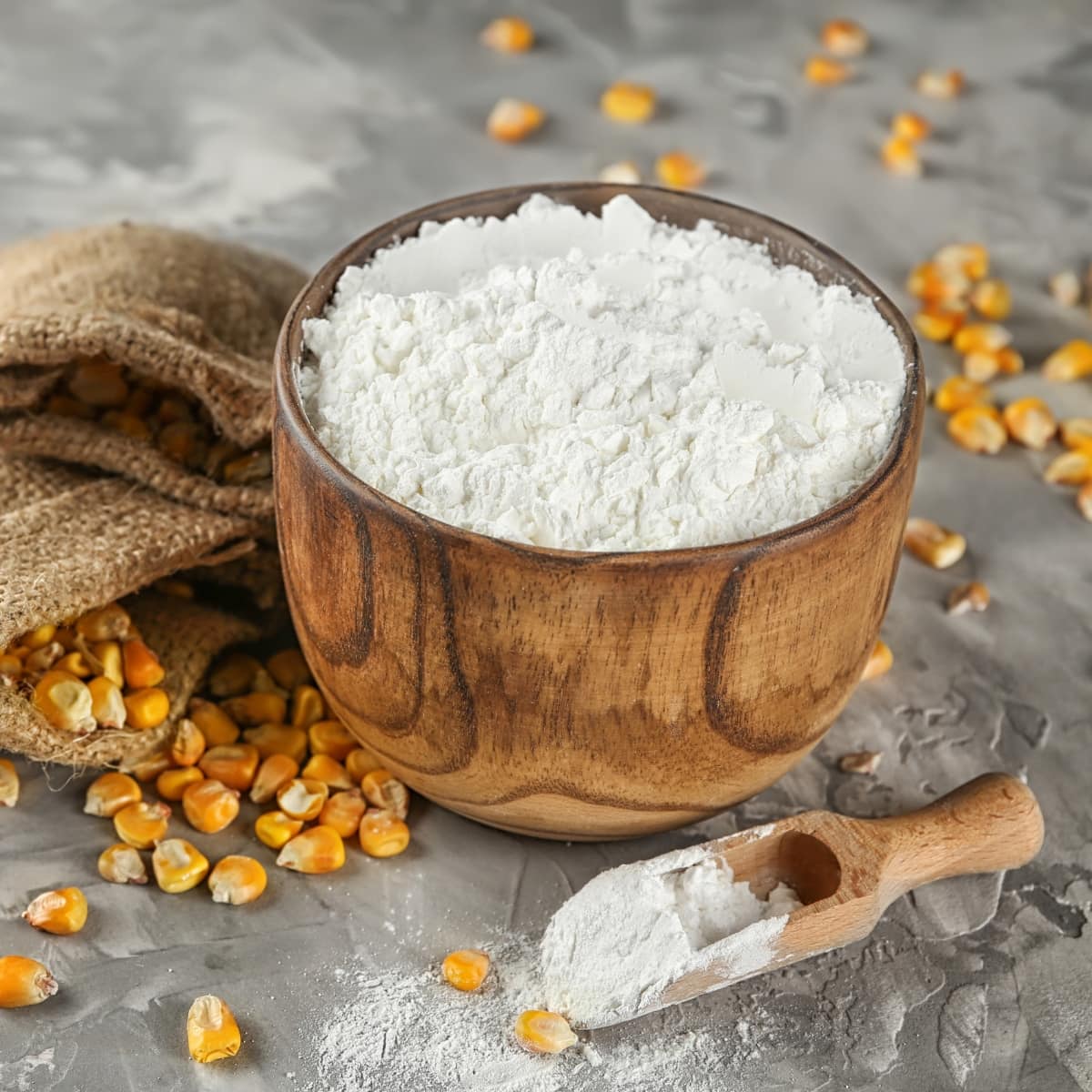
6. Cornstarch
Cornstarch is a versatile thickening agent. It can substitute for masa harina in recipes requiring a thicker consistency, like soups and sauces.
Unlike masa harina, cornstarch has a neutral flavor, so it integrates into a dish without altering the taste.
To use cornstarch as a substitute, create a slurry by mixing equal parts of cold water and cornstarch in a small bowl.
Gradually incorporate this slurry into your sauce or soup, observing it closely as the mixture thickens.
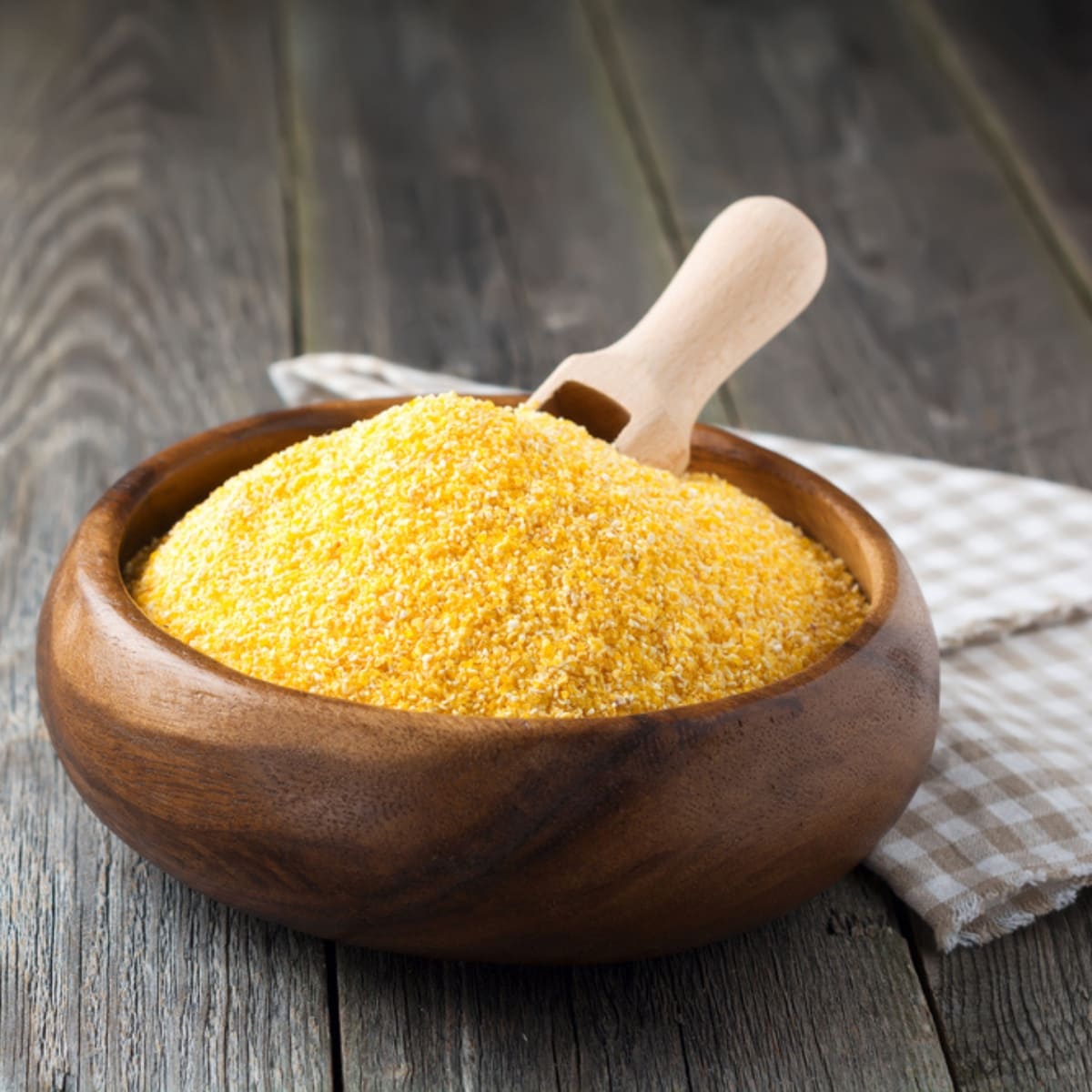
7. Corn Grits
Corn grits are derived from either hominy or milled corn. Those made from hominy closely resemble the taste of masa harina, while milled corn grits align more with cornmeal.
The key distinction between masa harina and corn grits is their texture, as grits are generally coarser.
Grind the grits to a finer consistency as a substitute, especially in tamales and tortillas.
For substitution, use grits in a 1:1 ratio with masa harina.
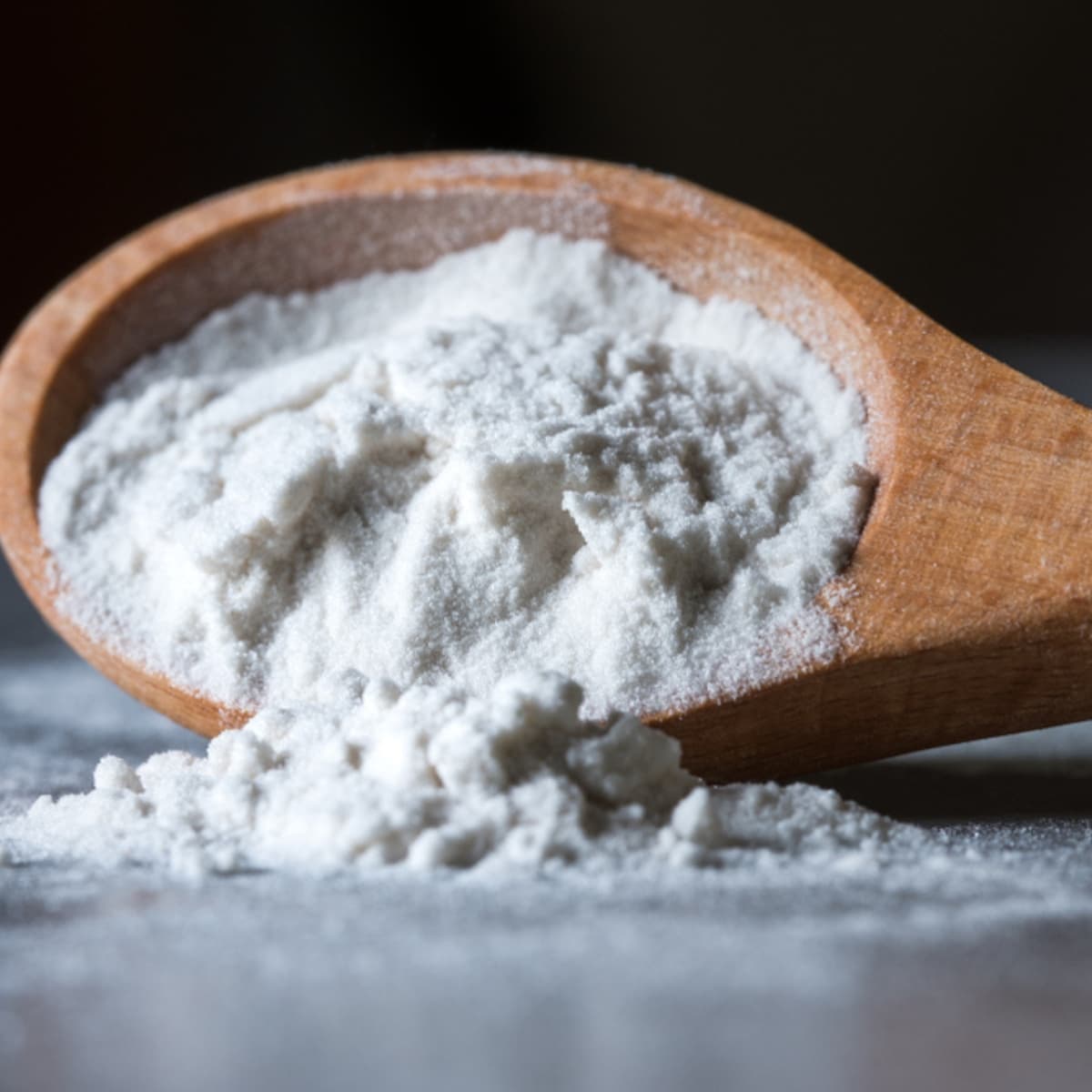
8. Arrowroot Powder
Arrowroot powder is a versatile and paleo-friendly substitute for masa harina.
It’s known for its excellent thickening abilities in sauces and gravies.
Unlike masa harina, arrowroot powder is flavorless and yields a clear, glossy finish. It’s a preferred choice for jellies and certain baked goods.
Since it’s grain-free, arrowroot powder is easily digestible and can be a beneficial component to weight loss.
However, it’s not recommended for making dough, due to its fine texture. It’s also not ideal for mixing with dairy products, as it can cause a slimy consistency.
For thickening purposes, arrowroot can be substituted for masa harina in a 1:1 ratio.
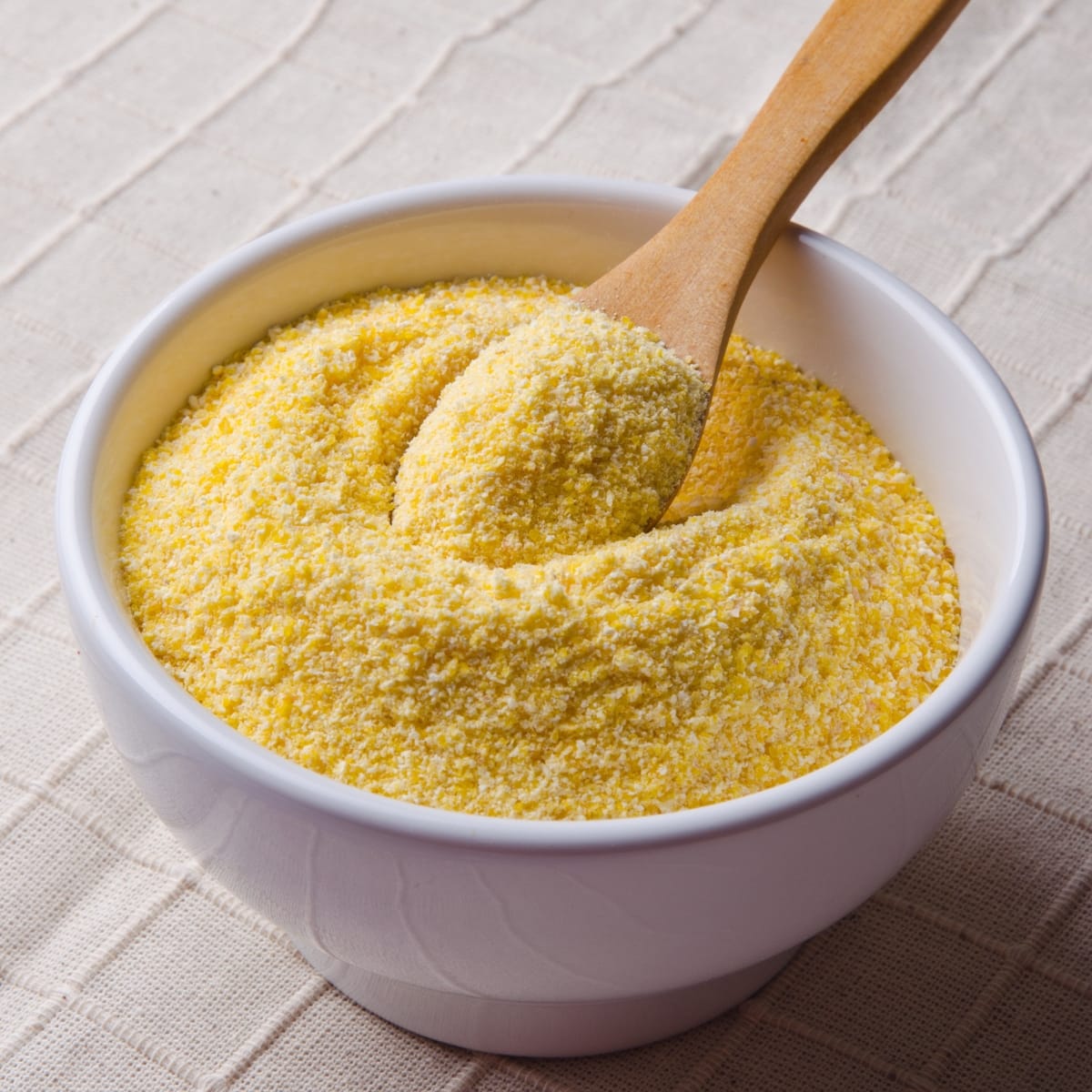
9. Dry Polenta
Dry polenta is a traditional Northern Italian dish made from yellow flint corn.
Unlike grits, polenta boasts a coarser and flakier texture.
Its unmistakable corn flavor provides a delightful base for various Latin dishes and sauces.
It comes in various forms, but finely ground polenta is the most convenient option for making tamales or thickening sauces.
Use dry polenta as a substitute for masa harina in a 1:1 ratio in most recipes.
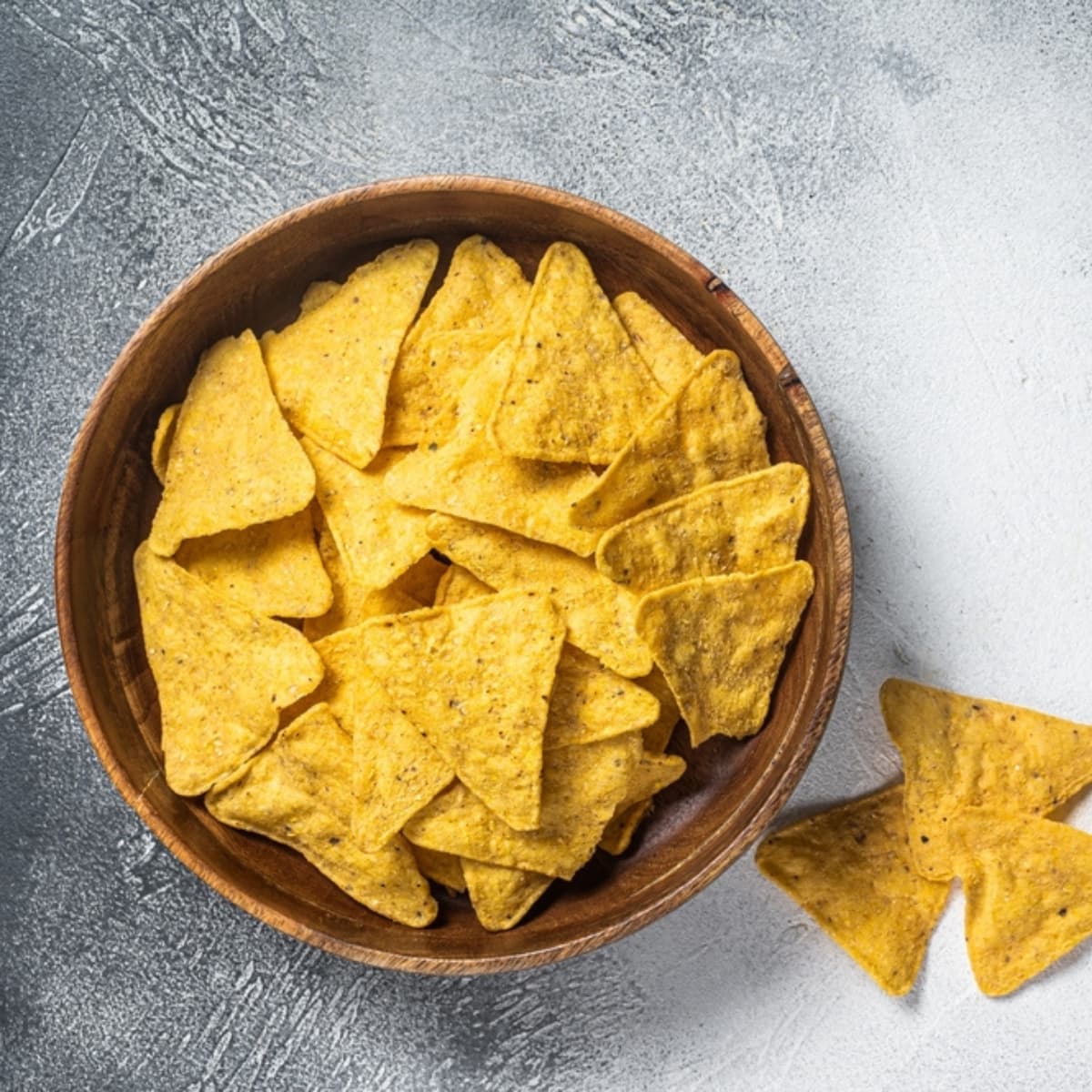
10. Ground Corn Tortillas
Have some stale corn tortillas lingering in your kitchen? Think twice before tossing them out!
They can be your secret weapon as a substitute for masa harina.
I mean, think about it. Corn tortillas are essentially made from masa harina. So turning them into a flour-like form works as a substitute.
Opt for unflavored tortillas, as they’re more versatile and won’t compete with the other flavors in your dish.
To transform these tortillas back into a flour-like form, combine 3-4 corn tortillas with a sprinkle of kosher salt and a splash of hot water.
Pulse the mixture in a food processor until the desired texture is reached.
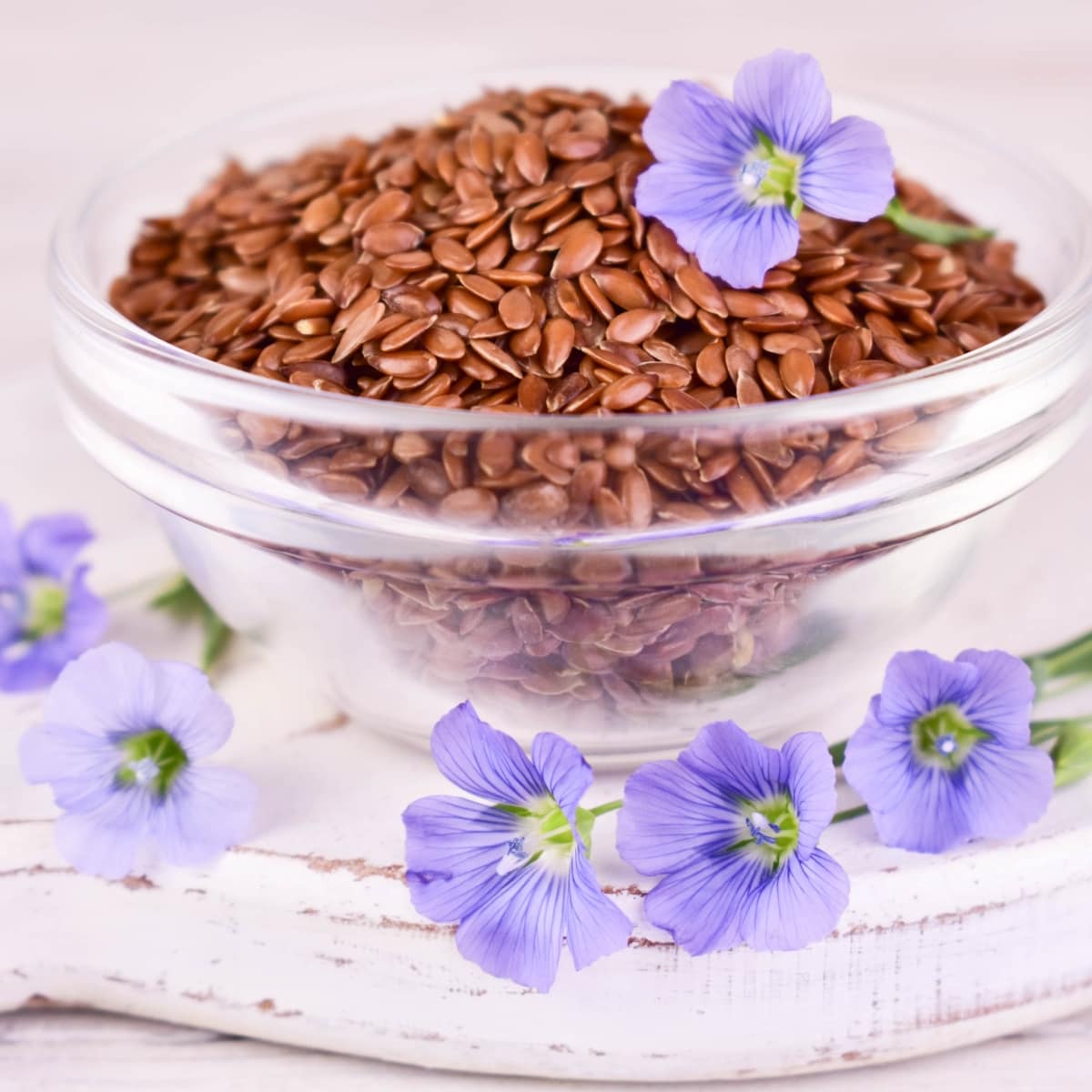
11. Flaxseed
Flaxseeds aren’t just for sprinkling on multigrain bread. They can be a remarkable substitute for masa harina as well.
Sure, their flavor profile is nutty and not similar to masa harina, but in a pinch, they’ll do.
Plus, flaxseeds are packed with antioxidants, Omega-3s, and fiber.
To use ground flaxseed as a substitute for masa harina, mix 1/2 a tablespoon with 2 tablespoons of water.
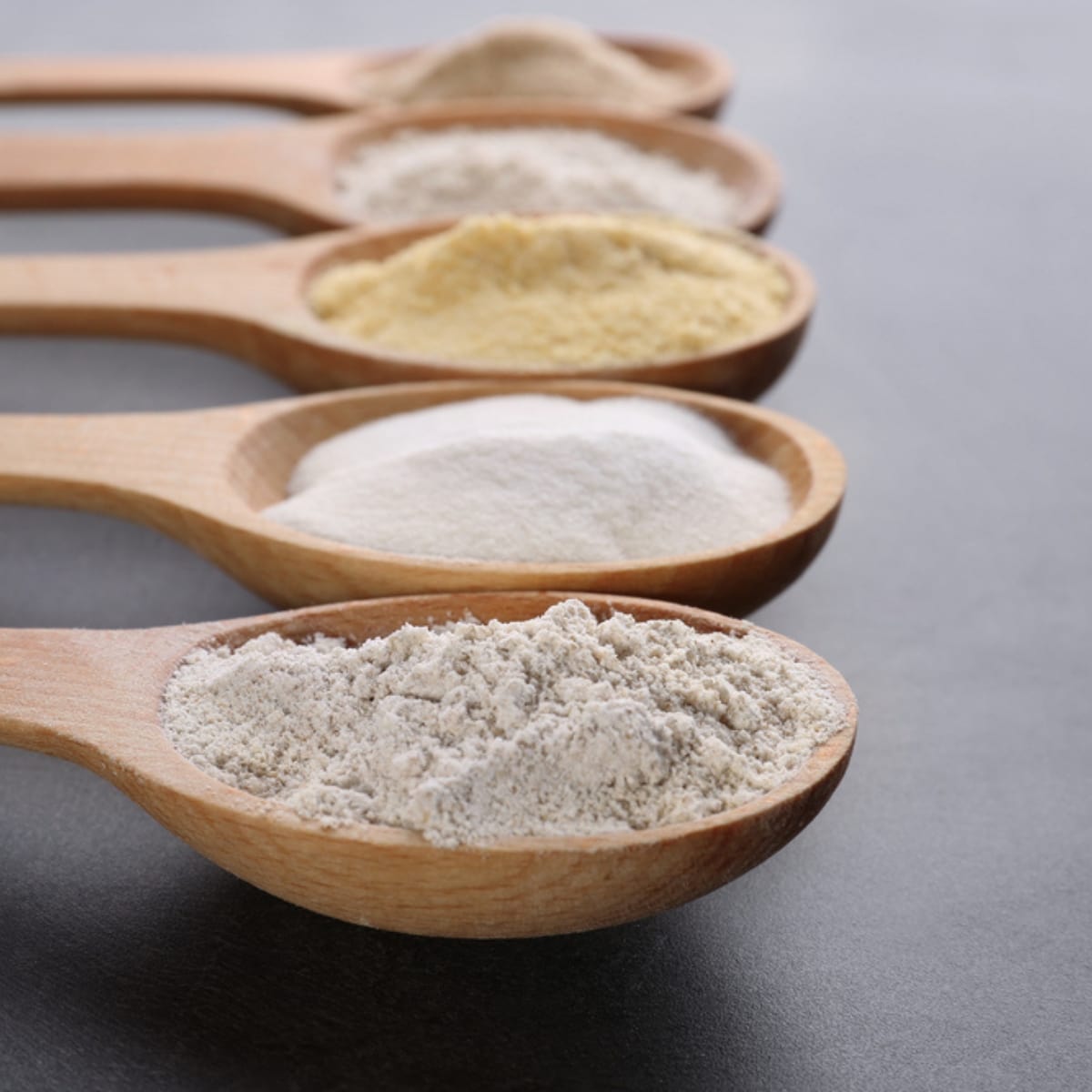
12. Varied Flours
The authentic flavor of a dish often comes from the unique processing of masa harina, but at its core, it’s essentially corn flour.
In a pinch, other flour types can be substitutes, particularly when thickening sauces or soups.
However, be mindful that every flour has its own consistency and absorption rate.
Whether you opt for wheat flour, rice flour, or another type, start with about half of what the recipe calls for. Then, gradually add more, closely observing how it thickens.
